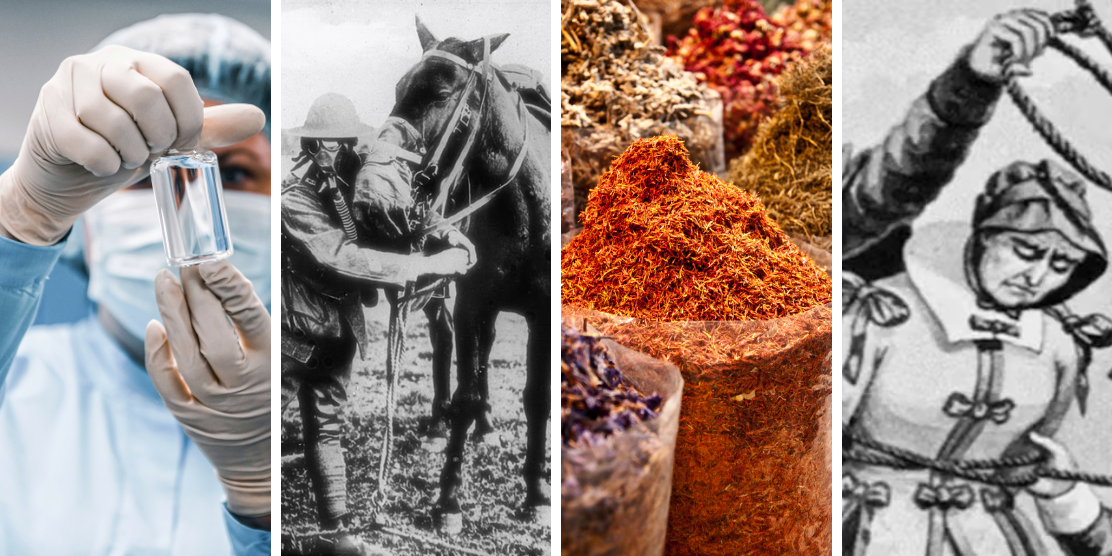Current Undergraduate Courses
Course schedule for the current semester: Fall 2025 History Courses List
See course descriptions below or contact Kathy Lillich, Academic Advisor, for more information about course specifics.
Interested in a History Minor? It takes fewer than one course per semester! Check out our History Minor page for more information. The Department also offers a Grand Strategies Certificate with interdisciplinary classes for interested students.
Spring 2026 Course Descriptions
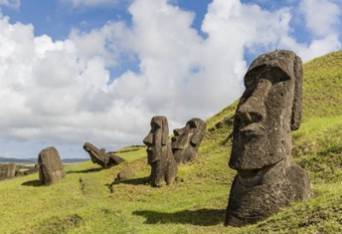 |
HIST 111 - World History to 1450 Taught by Dr. David Graff This course provides an overview of major developments in the history of the world from the appearance of the earliest civilizations some five thousand years ago to the eve of European expansion in the fifteenth century. Major topics include the origins of civilization in different parts of the world, the emergence of foundational philosophies and belief systems, the rise and fall of empires, and the increasing contact and integration between world regions as a result of trade, conquest, pilgrimage, and exploration. Particular attention will be devoted to comparison of key developments, conditions, and trends across continents and civilizations. |
|
HIST 112 A - World History from 1450 Taught by September Gering, GTA This course explores the major developments across Asia, the Americas, Europe, and Africa. From the expansion of the Ottoman Empire to the modern day, it introduces the rise and fall of empires over the last 500 years. The culture, arts, religions and philosophies of these civilizations will also be explored. |
|
|
HIST 151 A - History of the United States to 1877 Taught by Damon Penner, GTA |
|
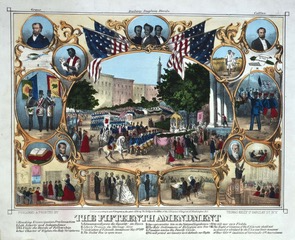 |
HIST 152 A - History of the United States Since 1877 Taught by Paxton Stover, GTA This course provides a comprehensive survey of U.S. history from the end of Reconstruction to the present day. Students will explore key political, social, economic, and cultural developments that shaped modern America, including industrialization, the rise of the United States as a global power, the World Wars, the civil rights movement, and the complexities of contemporary American society. Through critical readings and discussions, students will examine themes such as race, class, gender, and immigration, gaining insight into the forces that continue to shape the nation's identity and its role in the world. |
|
HIST 152 ZA - History of the United States to 1877 Taught by Dr. Ginette Aley |
None.
|
HIST 300 A - Introduction to Historical Thinking Taught by Dr. Eric Brandom This is a course on the historiography of history. Historiography is the study of the philosophy and history of history. Essentially, we study how ideas about how to write history have changed from the ancient Greeks until the present, with a strong emphasis on how the dominant trends in philosophy in the West have influenced historiography. All majors are welcome! |
|
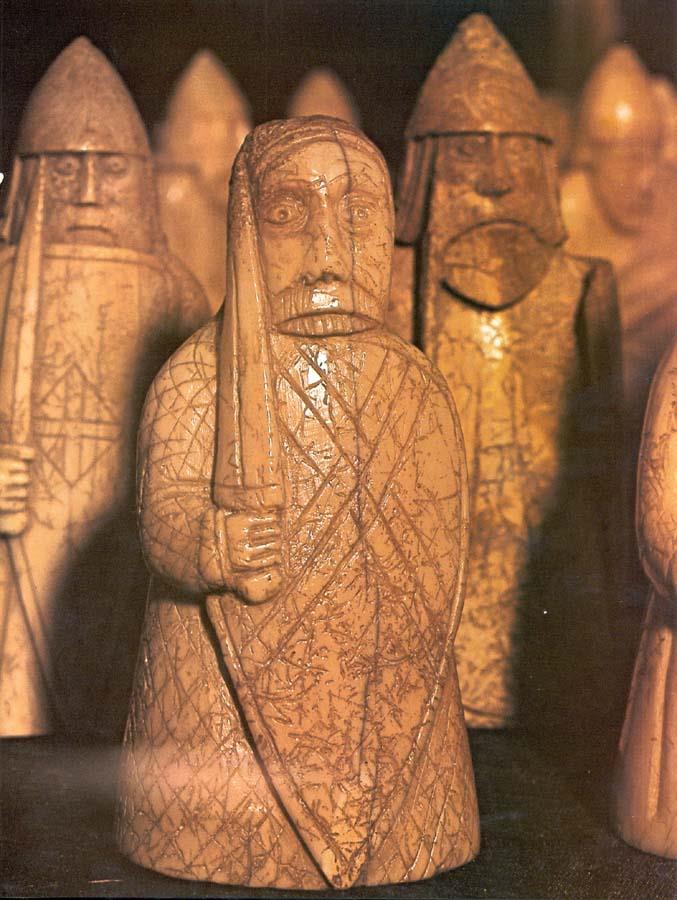 |
HIST 301 A - Topics in History: Vikings Taught by Dr. David Defries This course is an introduction for all students. We will consider the development and impact of the Scandinavian sailors known as Vikings on medieval Europe over roughly four centuries. Topics will include Viking piracy and trading from Baghdad to Newfoundland as well as territories that Scandinavians settled such as the English Danelaw, Normandy, Dublin, the Shetlands and Russia. |
|
HIST 301 ZA - Topics in History: Framing and Amending the U.S. Constitution Taught by Dr. Ginette Aley This course provides an introduction to the historical ideas and figures involved in shaping, framing, and amending the U.S. Constitution and Bill of Rights, from their origins to the mid-twentieth century. We will also explore landmark Supreme Court decisions and their impact on American society. |
|
|
HIST 301 B - Middle East Since 1945 Taught by Dr. Nadia Oweidat |
|
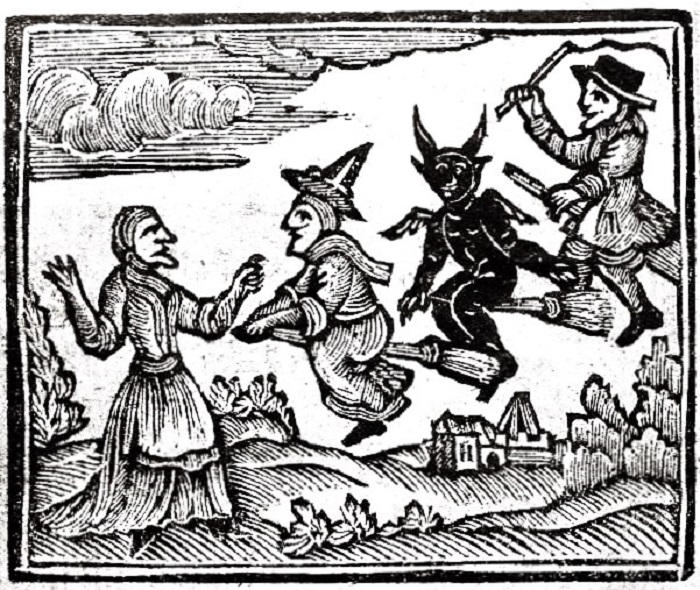 |
HIST 301 ZB - Topics in History: Salem Witchcraft Taught by Dr. Louise Breen People experiencing misfortune or tragedy in colonial New England often feared they might be bewitched; others, disproportionately women, feared being accused of witchcraft. This course examines the theological beliefs, socio-political conditions, and assumptions about gender that brought forth and sustained witchcraft prosecutions in seventeenth-century New England, especially at Salem. |
 |
HIST 340 - Middle Ages Taught by Dr. David Defries This course is an introduction for all students. It covers not only how professional historians discuss the Middle Ages but also images of the medieval period in popular culture and how they contribute to our sense of the present.
|
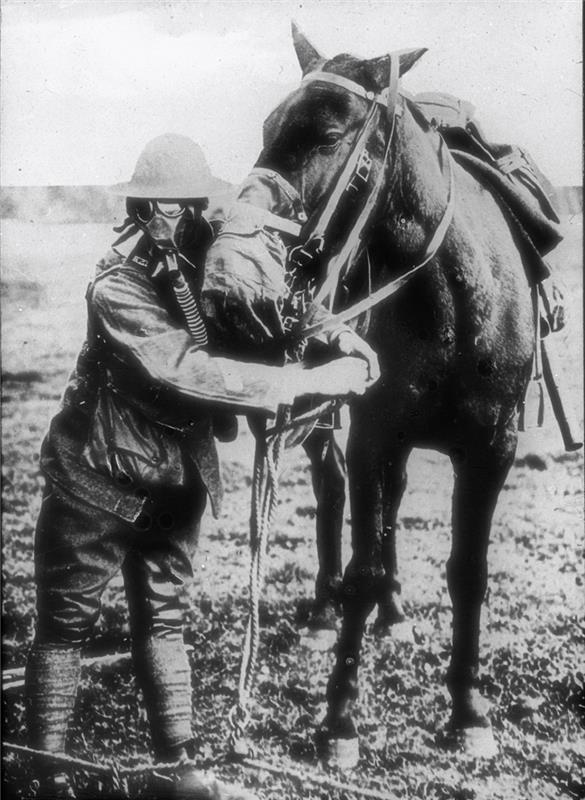 |
HIST 357 / CHM 357 - Chemical Warfare, 1914-Present Taught by Dr. Marjorie Galelli (History) and Dr. Patricia Calvo (Chemistry) This class offers an interdisciplinary look at chemical warfare. Tuesday classes will focus on the history of chemical warfare since the First World War, while Thursday classes will address the chemistry concepts that make such weapons possible. Too often, we discuss chemical weapons in the abstract, this class will encourage students to engage with the actual nature of chemical weapons as a way to help them better understand the implications of their use over the course of the last century. In addition, the class will ask students to think about the ways in which chemical compounds created for benign purposes can be subverted and used as weapons regardless of their creator’s original intent. You can choose to enroll in the class under either its HIST or CHM prefix, depending on which requirements you need to fill. |
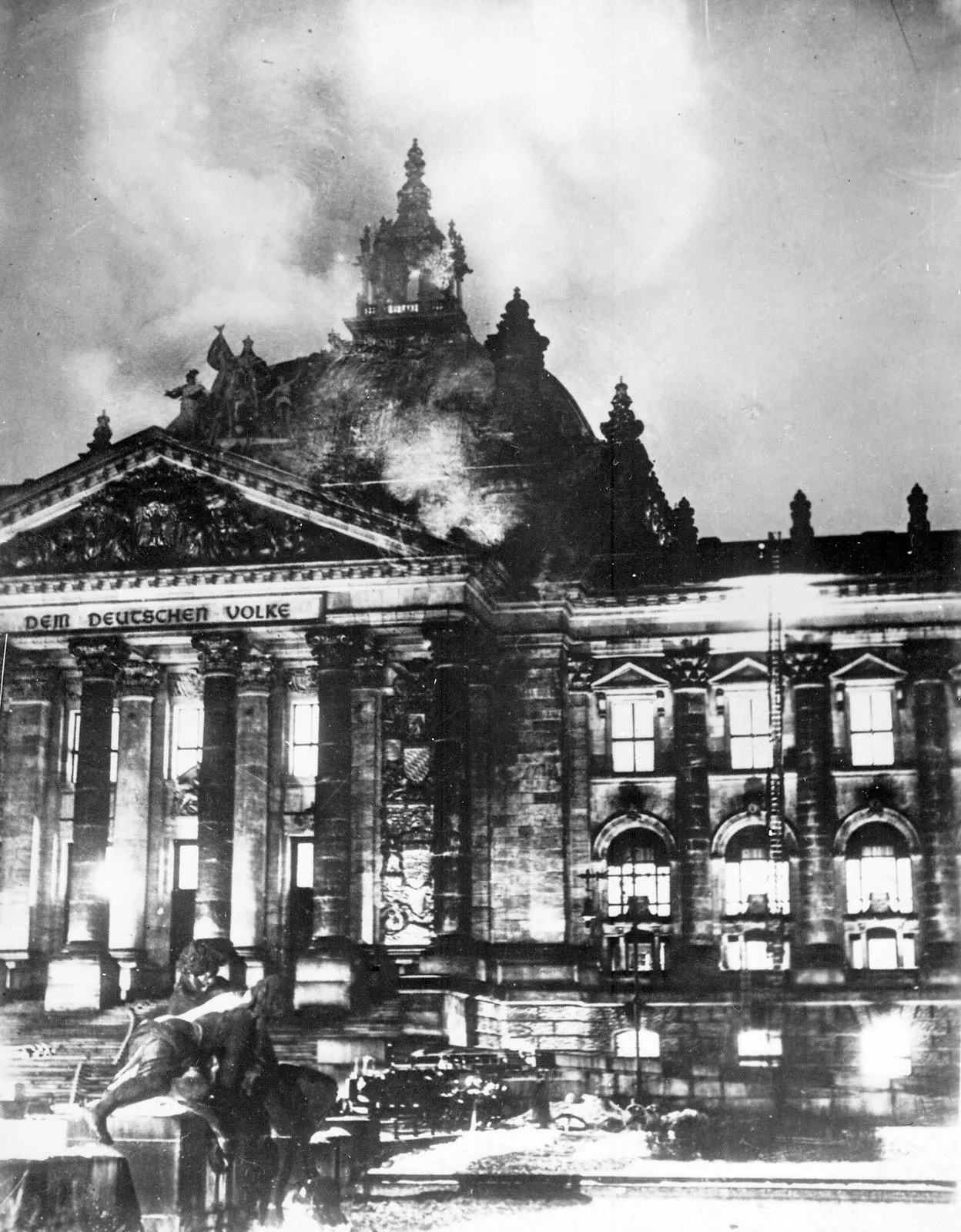 |
HIST 388 - Nazi Germany & the Holocaust Taught by Zane Whitney, GTA Scan the QR code for the course description video
|
None.
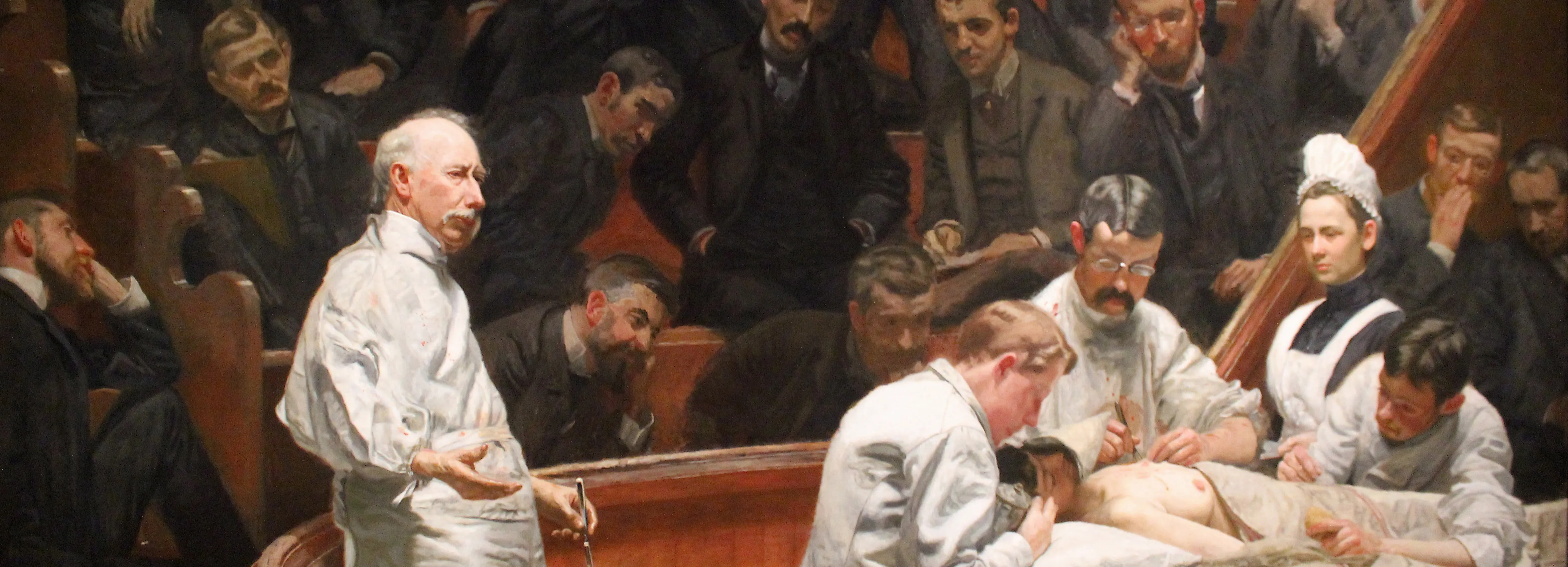 |
HIST 534 - Social History of Medicine Taught by Dr. Heather McCrea This course focuses on the social history of public health, disease, and medicine. Geographically, the course focuses on the Western world. However, the course also integrates regions and peoples from around the globe. After all, disease and human suffering know no boundaries. Thematically, this course highlights class struggle, policymaking, race, ethnicity, sexuality, and gender. Plus, we study fantastic stuff like cholera, TB, STDs, Eugenics, Midwifery, Veterinary Science, and more! |
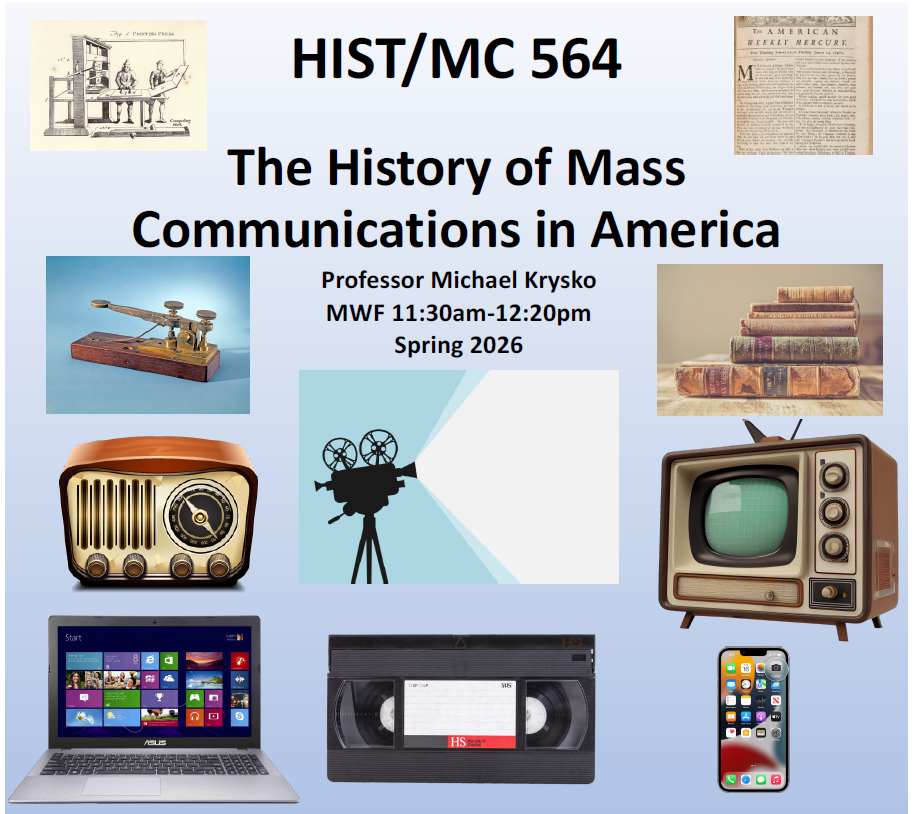 |
HIST 564 - History of Mass Communications in America Taught by Dr. Michael Krysko “The History of Mass Communications in America” explores American mass Newspapers, movies, radio, television, magazines, and the Internet are Also offered as MC 564. |
 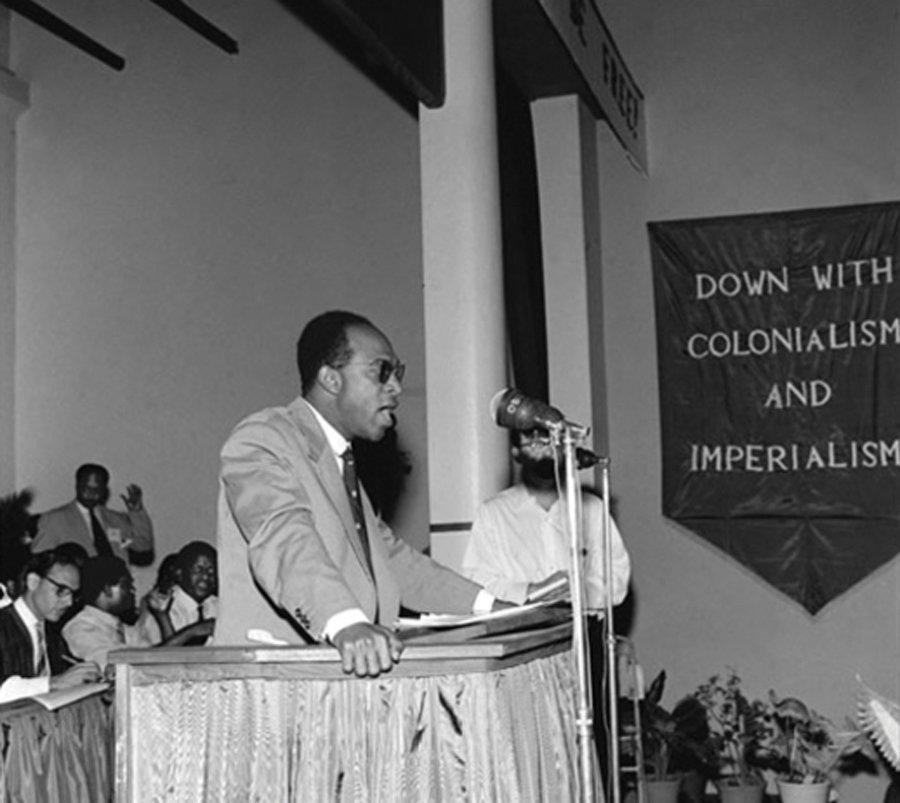 |
HIST 584 - France, 1815-Present Taught by Dr. Eric Brandom This class surveys the history of France and its empire in the 19th, 20th, and even into the 21st centuries. France in these years was both a beacon of emancipatory universalism and an active imperial power. In this class, we will examine the practical realities of this contradictory situation as well as reading those who tried to make sense of it, from Tocqueville to Fanon. |
|
HIST 586 A - Advanced Seminar in History Taught by Dr. Louise Breen |
|
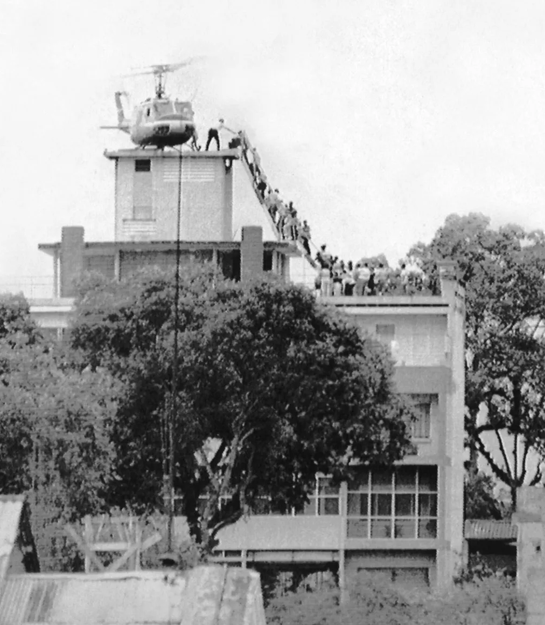 |
HIST 593 - The Vietnam War Taught by Dr. Marjorie Galelli The Vietnam War is one of the most consequential events of the 20th century. It lasted over a quarter of a century--from the end of WWII all the way to 1975--and its ramifications are still felt today. In this class, we will look at the war from several perspectives. We will analyze the war's impact on the battlefield, servicemembers, and the military at large, but also on the home front. We will look at themes as wide ranging as the ecological impact of the war, the role of airpower, anti-war protests in the United States, guerilla warfare, representations of the conflict in popular culture, and much more. |
Full History Course list HERE
Fall 2025 Course Descriptions
|
HIST 111 - World History to 1450 Taught by Dr. David Graff Major developments in the history of the world from the earliest civilizations to the eve of European expansion in the fifteenth century. Comparison of key trends and conditions in different parts of the world. Topics include the agricultural revolution, the birth of the city, the formation of states and empires, and the emergence of world religions. |
|
|
HIST 112A - World History from 1450 Taught by Dr. Eric Brandom Major trends in the history of the world from the 15th century to the present. Global patterns of contact, mutual influence, and interdependence. |
|
|
HIST 112B - World History from 1450 Taught by Dr. Nadia Oweidat Major trends in the history of the world from the 15th century to the present. Global patterns of contact, mutual influence, and interdependence. |
|
|
HIST 151 B - History of the United States to 1877 Taught by Damon Penner, GTA Includes ethnic, social, military, political, economic, diplomatic, and ideological themes. The chronological emphasis varies with instructor. The aim of the course is to achieve a broad understanding of American civilization to 1877. |
|
|
HIST 151 (ZB) - History of the United States to 1877 Taught by Dr. Ginette Aley Includes ethnic, social, military, political, economic, diplomatic, and ideological themes. The chronological emphasis varies with instructor. The aim of the course is to achieve a broad understanding of American civilization to 1877. |
|
|
HIST 152 - History of the United States Since 1877 Taught by Dr. Michael Krysko This course is an introductory survey to American history since 1877. Beginning with the end of the post-Civil War Reconstruction era, we will examine an array of historical events, developments, issues, and trends that continue to influence the world we live in today and the individuals we have become. We will devote considerable attention to numerous historical subjects following the difficult reunification of the U.S. after the Civil War, including: the rise of the modern Democratic and Republican parties, segregation, the economic transformation of the 19th century, the rise of mass consumption and consumerism, education, the Depression, foreign relations (esp. late 19th century imperialism and the wars of the 20th century), the Civil Rights movement, and modern feminism. In the process, I hope you will begin to see how a world we often take for granted is a product of countless decisions made by others who came before us, and that the relationships between peoples, cultures, and nations in this historical past have exerted a tremendous influence over the lives we are able to lead in the 21st century. |
|
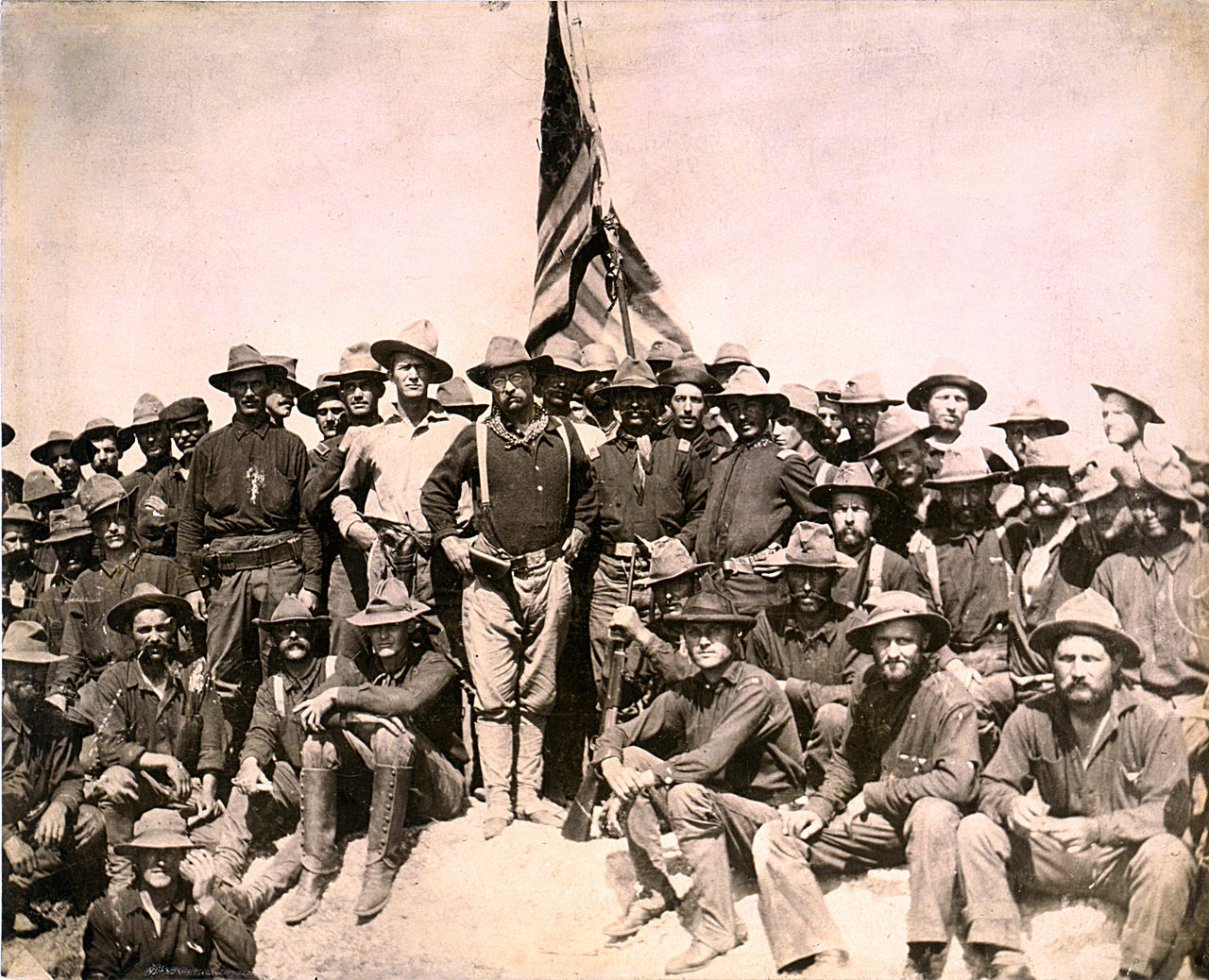 |
HIST 155 - Introduction to US Military History Taught by Dr. Marjorie Galelli The United States is a nation forged in war, which makes it critical for students to engage with military history in order to gain an understanding of their country’s history. In this class, we will look at American military history since 1775 and ask two overarching questions: What role has the United States played in war? And, conversely, how has conflict shaped the United States? Military history is a vibrant field that has been evolving to encompass an ever-growing range of studies tied to the armed forces, conflict, and wartime. In addition to operational warfare, military history looks at the ways that nations, institutions, societies, and people prepare for, wage, or recover from war. This class will thus integrate both traditional operational history and larger questions connecting war and society. |
None.
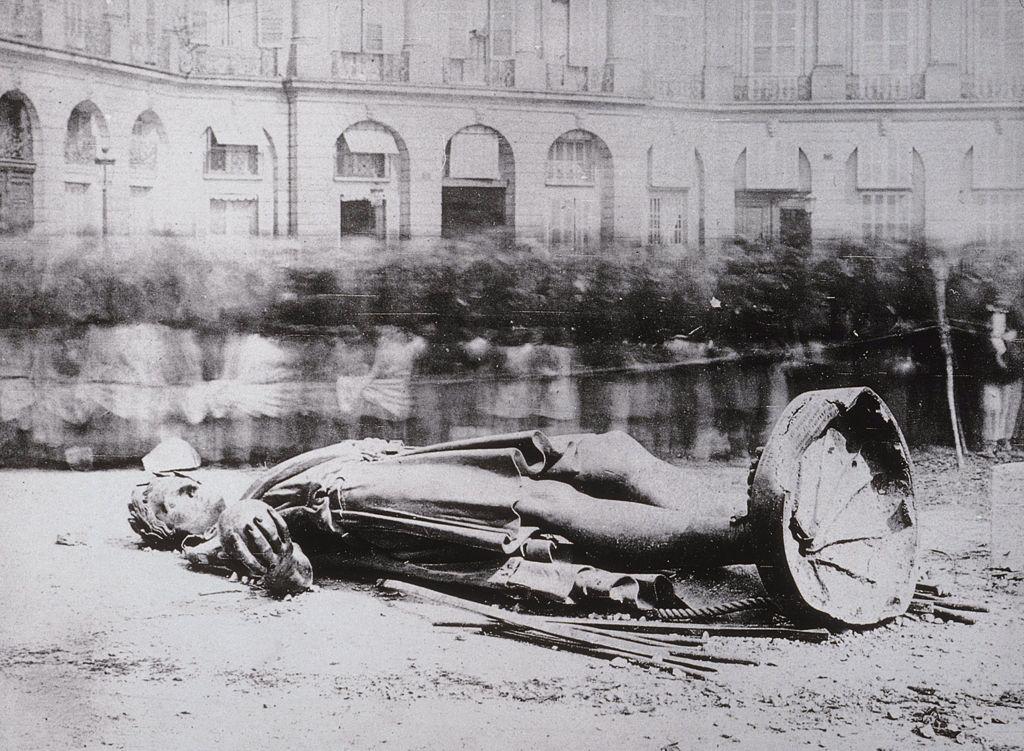 |
HIST 300 - Introduction to Historical Thinking This class offers students a discussion-driven introduction to historical thinking and methods. Readings highlight the diversity of approaches and aims that exist within scholarly history and equip students to explore historical topics in an independent way. |
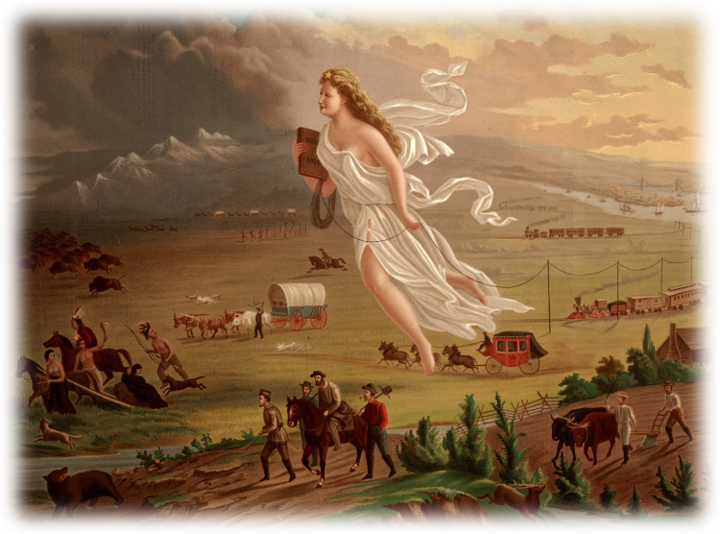 |
HIST 301 (ZA) - The American West (online) In this course we consider the American West—the mythical landscape of adventure, freedom, and individual opportunity—as a region of unusual violence, intercultural conflicts over land and resources, environmental challenges, and political ferment. |
 |
HIST 301 (ZB) - The Salem Witch Trials (online) People experiencing misfortune or tragedy in colonial New England often feared they might be bewitched; others, disproportionately women, feared being accused of witchcraft. This course examines the theological beliefs, socio-political conditions, and assumptions about gender that brought forth and sustained witchcraft prosecutions in seventeenth-century New England, especially at Salem. |
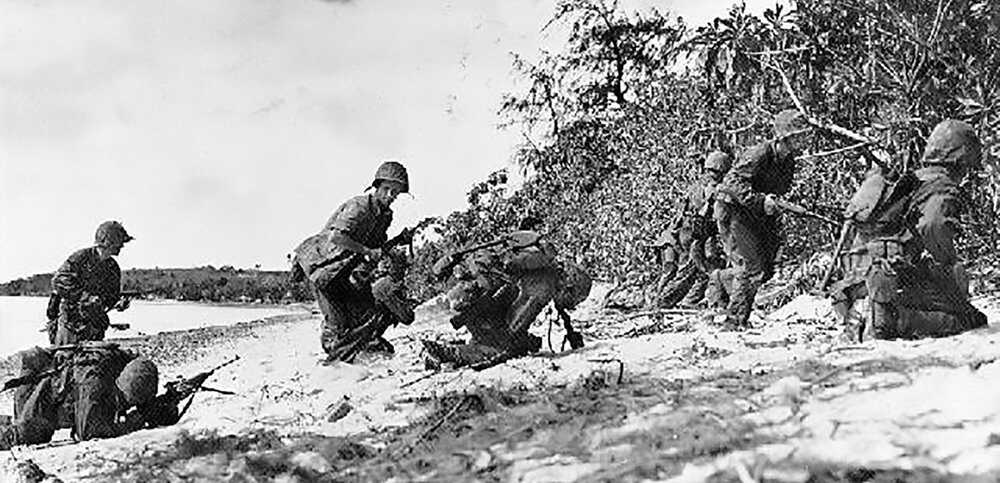 |
HIST 301 - The Pacific War World War II began and ended in East Asia! Learn how and why, and do so through a participatory war game simulation that is part of this course. |
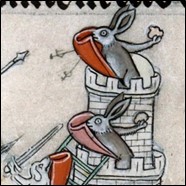 |
HIST 301 - Medieval Warfare This course will cover the basics of medieval warfare. It will focus on how people made war between roughly 500 and 1500 AD. Topics will include crusading, strategies, logistics and infrastructure. More importantly, the course will delve into the meaning of warfare in medieval society and how to move beyond the popular – and mostly erroneous – modern notions of it. |
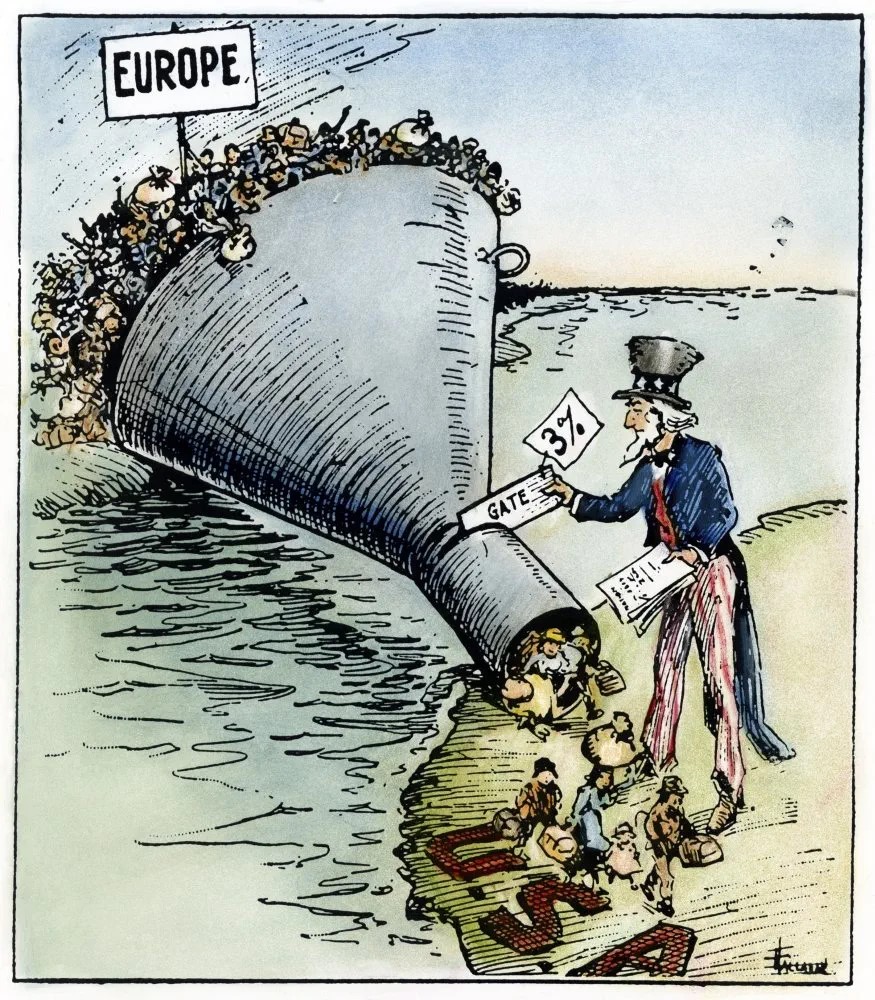 |
HIST 301 - U.S. Immigration History What does it mean to be an American? This class examines the history of inclusion and exclusion in American society from the colonial period to the present. |
 |
HIST 340 - The Middle Ages This course is an introduction for all students. It covers not only how professional historians discuss the Middle Ages but also images of the medieval period in popular culture and how they contribute to our sense of the present. |
 |
HIST 388 - Nazi Germany and the Holocaust Do you want to go beyond the sensationalized story and truly understand how a whole nation succumbed to an evil dictatorship? This class will follow the development of Nazism from its origins during the Weimar Republic to its defeat in WWII. |
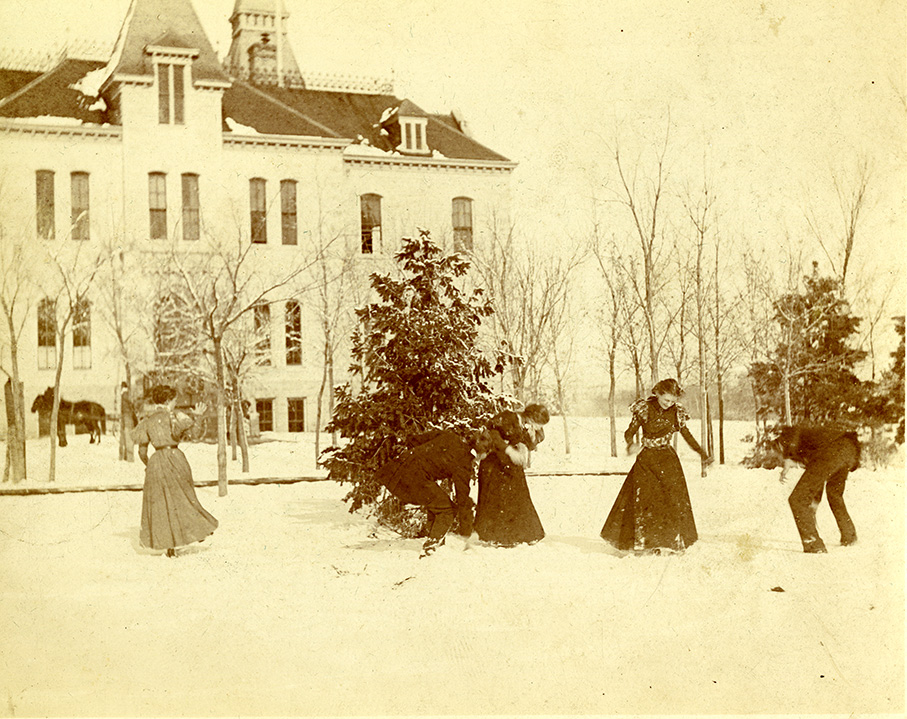 |
HIST 410 - History of K-State Workshop
Taught by Dr. Eric Brandom
Tell the story of your university. In this class students develop their own projects investigating some aspect of the history of K-State and conduct research on real archival sources in the University Archives, finally presenting their work in a public-facing and creative way of their choice.
This class is all about getting your hands dirty in a real archive. You will spend the semester pursuing a topic of your own choice related to the history of our university. Rather than writing a paper, you will present what you have found – the story you want to tell – in a creative a public facing way, perhaps by recording a podcast, building a website, creating a museum installation, or in some other way. Over the course of the semester students will develop a range of practical research skills. These range from how physically to handle fragile material, to interpretive questions about particular kinds of records, to how to navigate finding aids and work effectively with archivists. This pursuit of individual projects in the archive will be accompanied by a spine of shared readings about the history of K-State, methods, and other relevant topics. Although research projects are individual, students will also spend a significant amount of time presenting to and talking over research with each other. As we investigate the history of K-State and its community, so too we will work to build our own community of researchers.
|
Summer 2025 Course Descriptions
|
HIST 152 ZA - History of the United States Since 1877 Taught by Dr. Ginette Aley |
None.
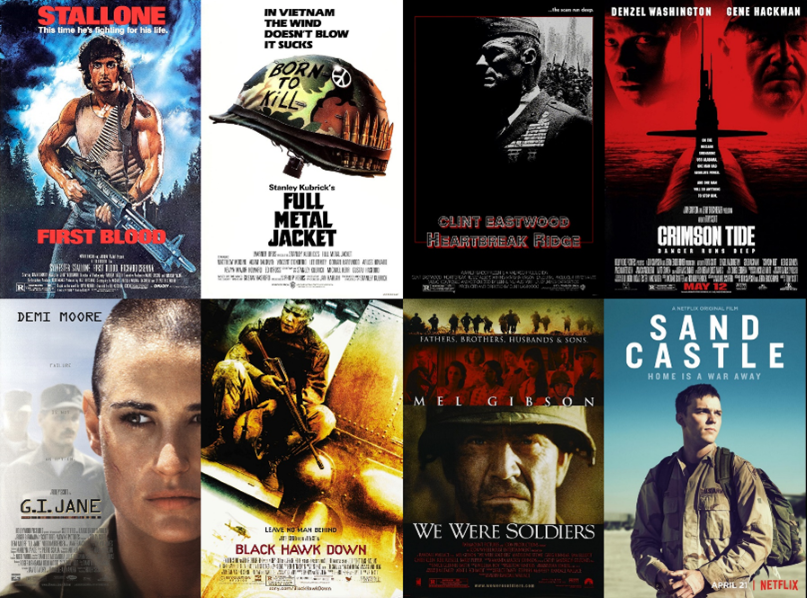 |
HIST 350 ZA - Hollywood an the Military Taught by Dr. Marjorie Galelli In this course, we will cover key themes about the US military in the late 20th century and use popular movies as a guiding thread. The movies will not simply be an illustration of the themes that we will address. Rather, we will use them as primary sources to better understand the historical context in which they were created. We will mainly focus on the military as an institution and its interactions with the civilian world. War will be in the background. Through the lens of movie representations, we will be addressing questions such as: How do civilians become soldiers? What does it mean to be part of the US military? How do civilians and military personnel interact? How do movies influence civilians’ perspective of the military? How does the military use Hollywood and what for? How do these popular representations evolve over time? |
 |
HIST 544 ZA - U.S. and World Affairs Since 1920 Taught by Dr. Michael Krysko
This course will explore these questions through the study of U.S engagement in world affairs as the United States emerged from World War I with domestic political opinion wary of diplomatic and military entanglements. Since that time, the United States nonetheless increased its international power, its global commitments, and its ability (and willingness) to exercise its influence over world affairs. Why? How? We will explore the answers to these questions through a mixture of recorded lectures, assigned readings, and real-time discussions. Readings are designed to appeal to majors and non-majors alike. They include book-length assignments that explore pivotal events in the history US foreign relations such as World War 2, the Cuban Missile Crisis, and the Vietnam War. These books will be read alongside a handful of short (typically 10-pages or less) articles commenting on current events. Each Friday at 10:30am, the class will meet via Zoom to discuss the course’s subject matter as part of our semester-long effort to use our knowledge American foreign relations history to understand the foreign policy challenges of the present. |
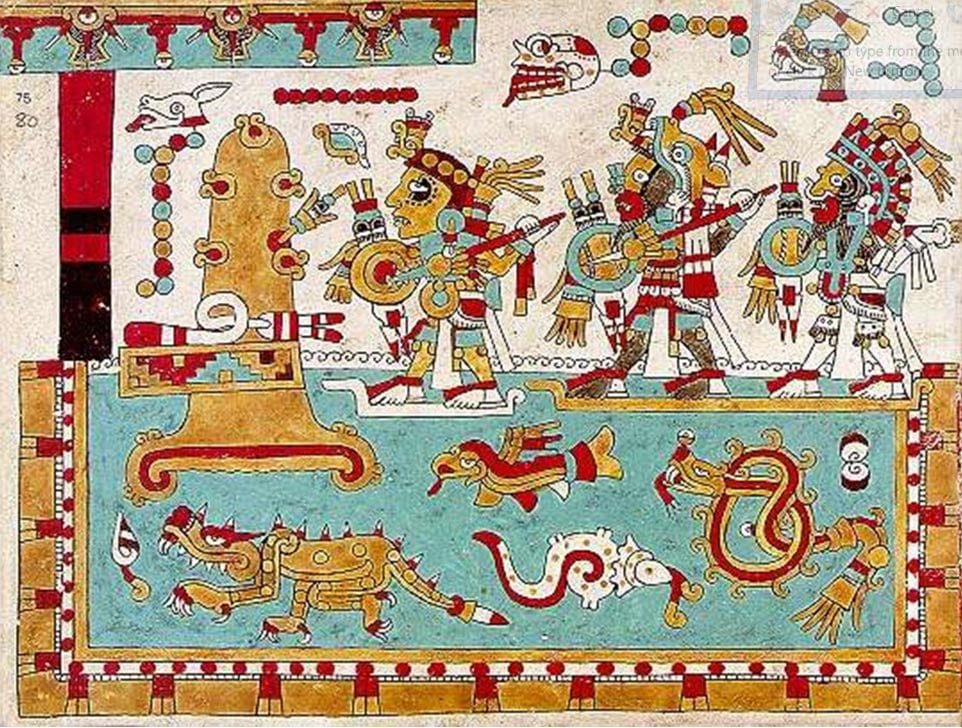 |
HIST 559 ZA - History of Aztecs, Inca, and Maya Taught by Dr. Heather McCrea This asynchronous online course will explore the dynamic and extraordinary conquests of Spanish America. How did just a few hundred Spaniards topple the expansive Aztec empire? What are the legacies and myths of conquest that persist today? We will examine relations between indigenous inhabitants of the Americas and European conquistadors and explore the nature of religious conversion through historical texts, artwork, and literature. |
The History Department updated its requirements for the major beginning in the Fall 2021. View the current Major and Double-Major requirements or contact Kathy Lillich for more information.
If you are curious how a course you have taken meets the requirements, check out our updated Courses by Category breakdown.
